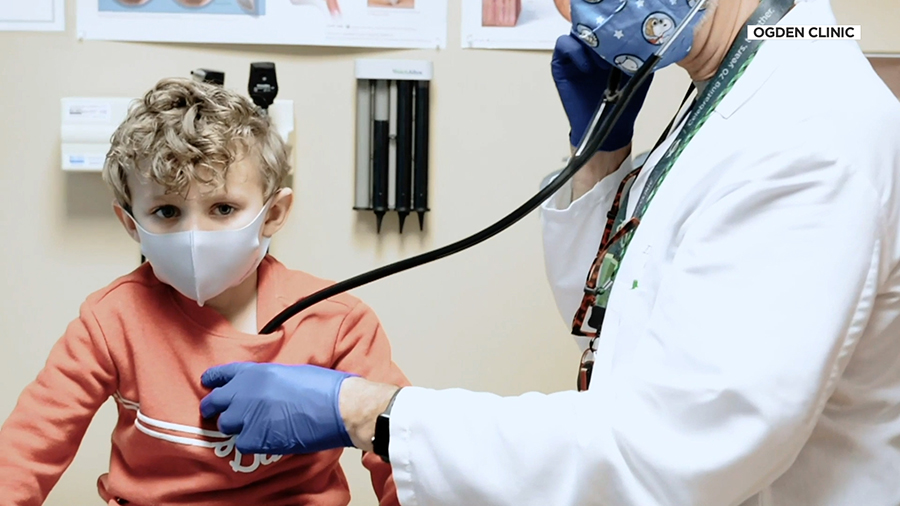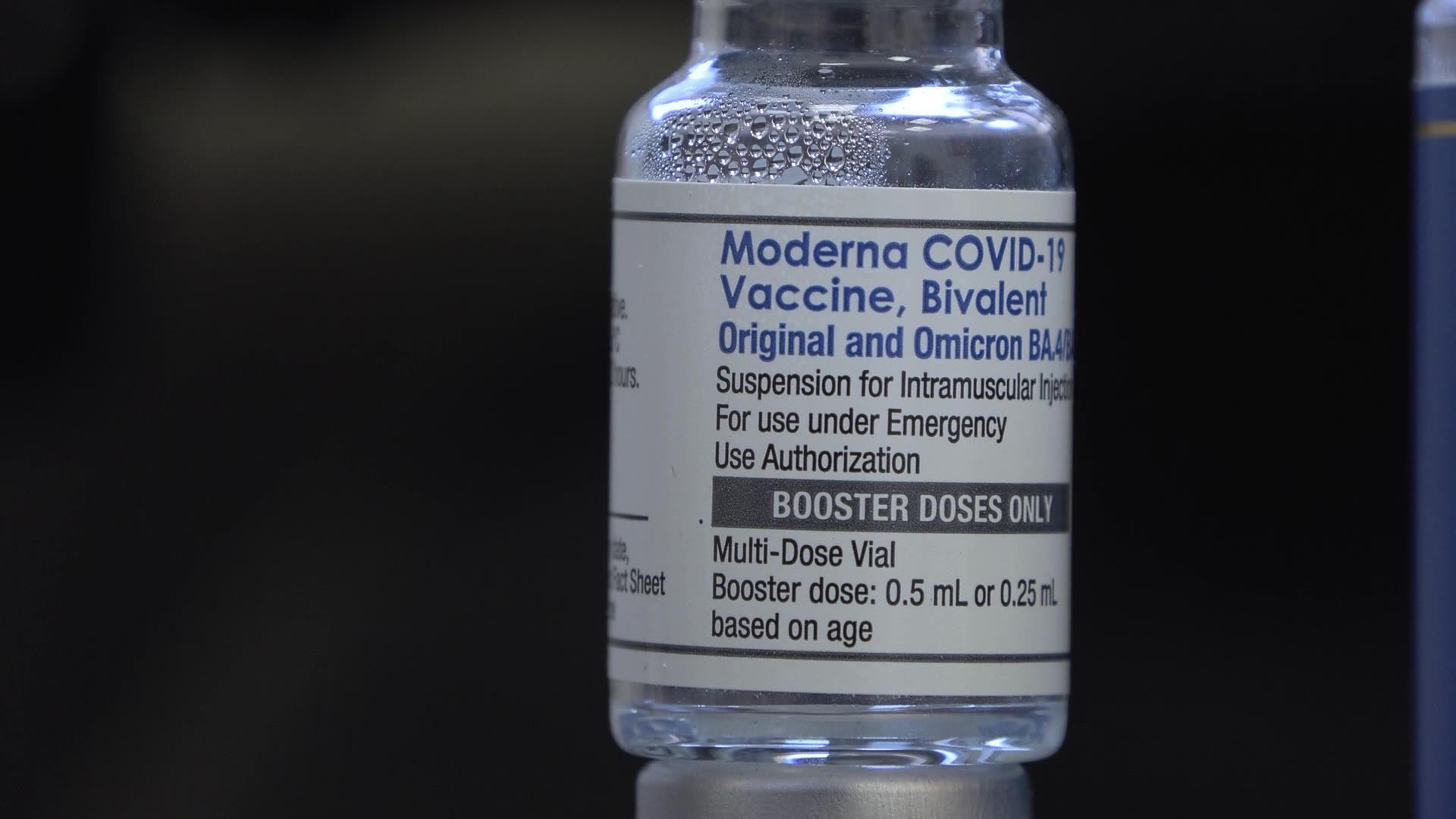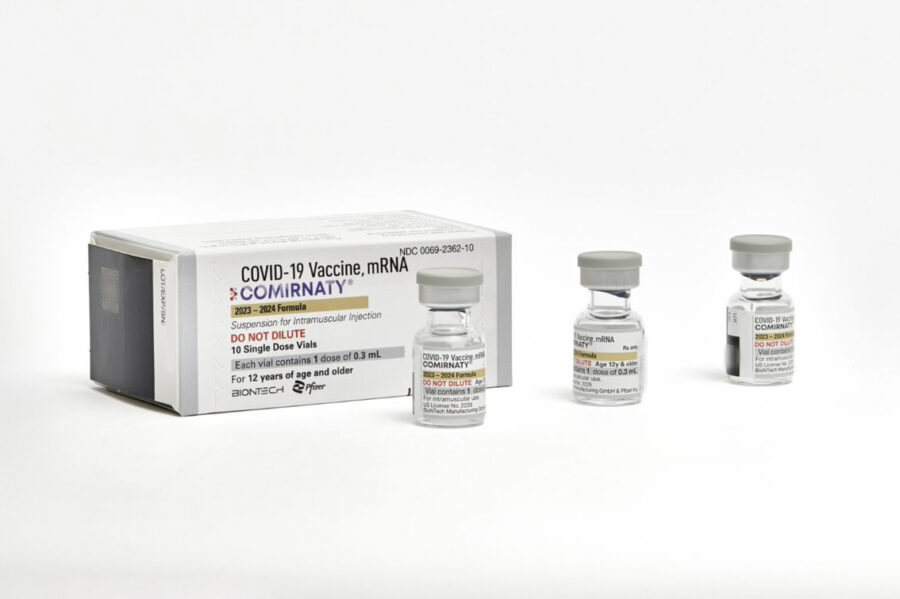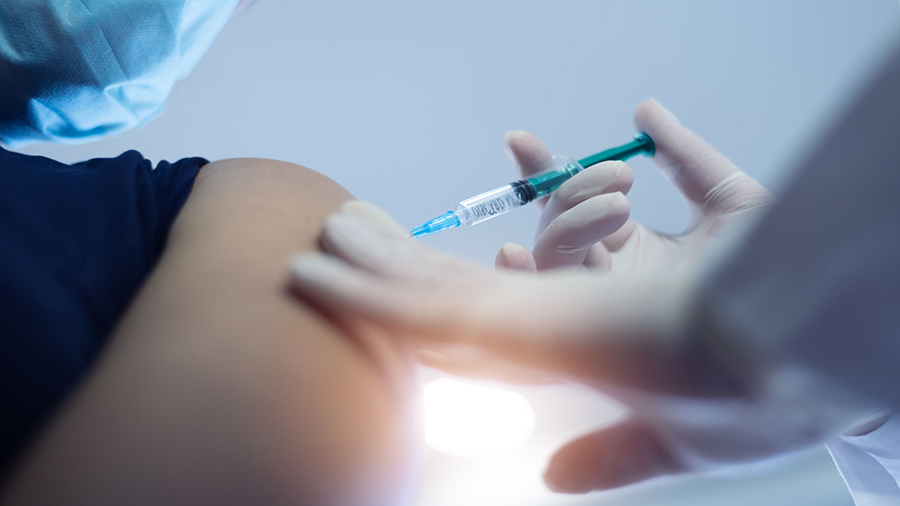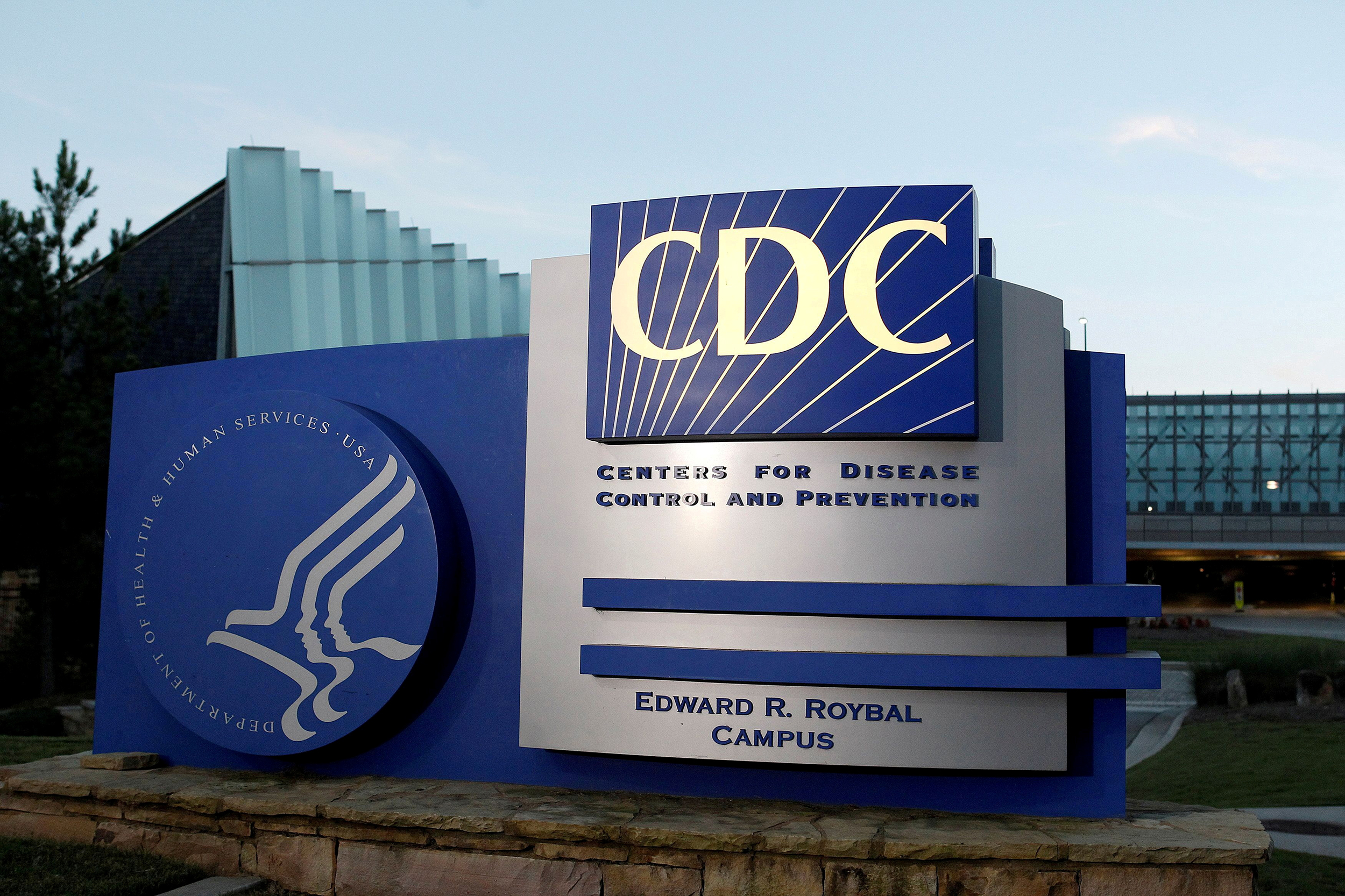Doctors Address Concerns Around COVID-19 Vaccines, Fertility & Pregnancy
Mar 24, 2021, 11:51 PM | Updated: Mar 29, 2021, 8:58 pm
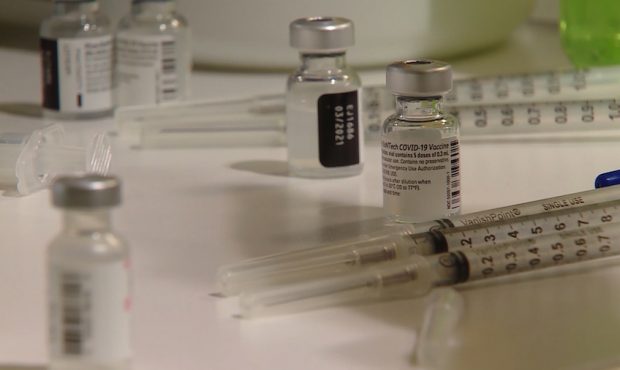
FILE PHOTO
SALT LAKE CITY, Utah – There are a lot of myths surrounding COVID-19 vaccines and some women have expressed real concern over whether the vaccine affects pregnancies and fertility.
KSL’s Morgan Wolfe took those concerns to doctors who said long and short — there isn’t a lot of data out there, but science is leaning toward some answers.
“COVID has been studied in women quite a bit,” said Dr. Kristen Lilja at the Salt Lake Regional Medical Center.
False claims linking vaccines and fertility are nothing new — but the fast track COVID-19 vaccines took has some women concerned.
“As of now, data does suggest a higher risk of infection for women who are pregnant,” Lilja said.
She pointed out a social media post about antibodies and proteins in the vaccine causing sterilization in women, saying the post has been debunked and is false.
“It’s more by scientists that have looked at that protein,” Lilja said.
There have been studies on 275 pregnant women. No adverse reactions have been found yet with the vaccine, and a positive a recent study found is that vaccines pass down antibodies to the baby to protect them inside and outside of the womb.
There aren’t any human studies out there examining whether COVID-19 vaccines could impact chances of getting pregnant — but there have been animal studies that show no negative impacts on fertility, and no data shows negative impacts on women fertility who have gotten the vaccine in the last 100 days.
“As experts in reproductive health, we continue to recommend that the vaccine be available to pregnant individuals,” a statement from the American College of Obstetricians and Gynecologists, the American Society for Reproductive Medicine and the Society for Maternal-Fetal Medicine read. “We also assure patients that there is no evidence that the vaccine can lead to loss of fertility. While fertility was not specifically studied in the clinical trials of the vaccine, no loss of fertility has been reported among trial participants or among the millions who have received the vaccines since their authorization, and no signs of infertility appeared in animal studies. Loss of fertility is scientifically unlikely.”
“I would not say there is one vaccine better than the other to get,” Lilja said.
Lilja said she recommends pregnant women consider getting the vaccine because they are going to be at a higher risk of getting sicker with COVID-19 than someone who’s not pregnant.
She added if you have questions about the vaccine to bring them to your doctor.


